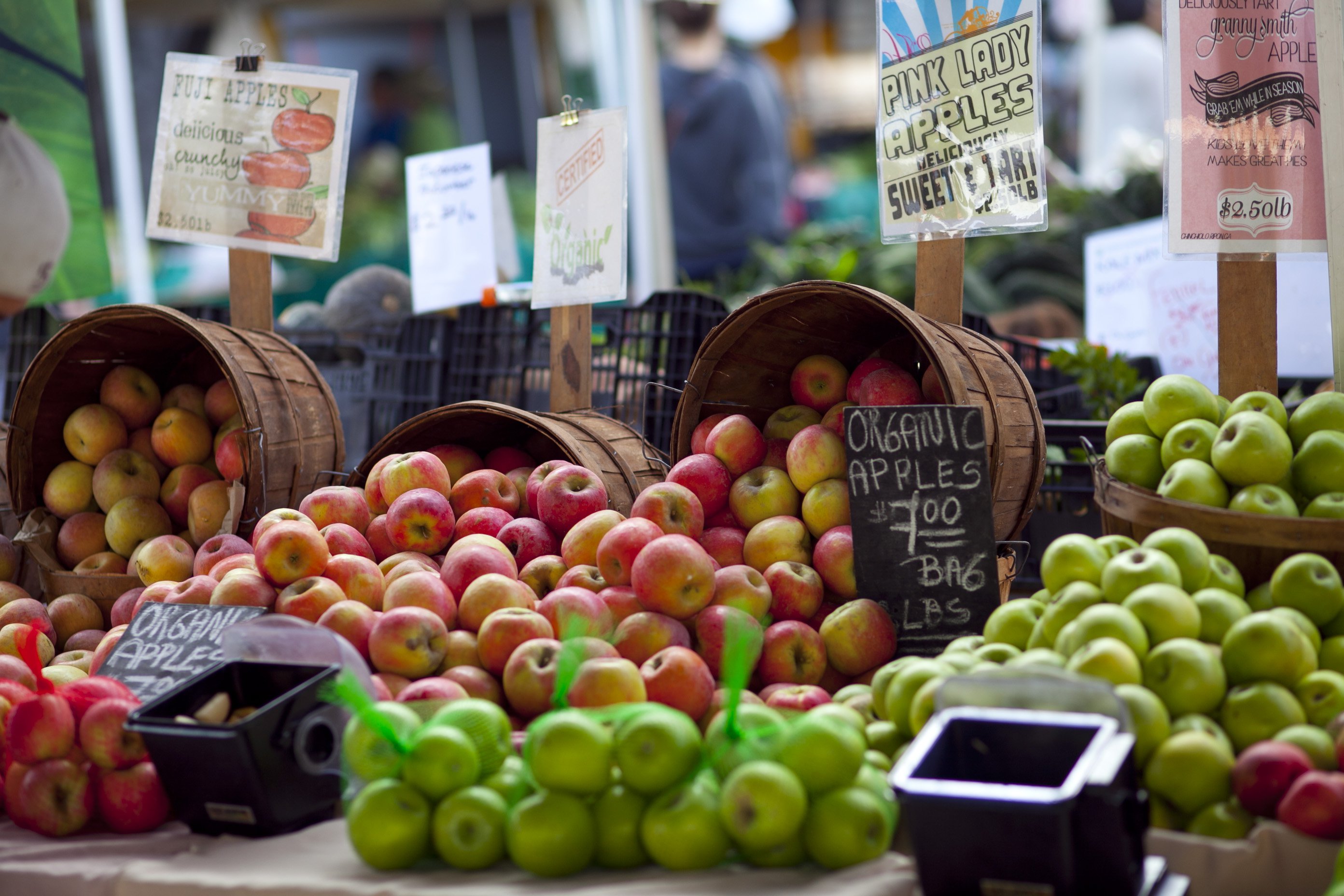Farmer’s markets have exploded in popularity over the past decade, with every major metropolis now hosting at least one within city limits, and some hosting several. Even more have popped up in suburban and rural areas outside of major cities, making farmer’s markets a favorite place of the urban hipster and suburban soccer mom alike. But aside from being another place to get produce, what do farmer’s markets bring to the bring to the table?

They Help the Community
In short, the answer is that they bring a tremendous amount of benefits to the table. The first and most often cited benefit of farmer’s markets is that they help to keep money in the community. By spending directly with farmers instead of at, say, Wal Mart, consumers ensure that the lion’s share of profits will go to the growers themselves. This money is in turn used to employ people from the community on the farm, purchase tools and equipment within the community, and most importantly to keep the local farm up and running.
When consumers spend money at larger retailers, that money is invariably sent to and spent by corporate headquarters, which are often nowhere near the location of the consumer. While some of this money does make it back to the community in the form of worker’s wages, the vast majority doesn’t return to the local economy at all. Much of it may even be spent overseas, which goes past removing it from the local economy and goes the extra step of removing it from the national economy.
They Keep Local Farms Going

Another financial benefit to farmer’s markets goes to those farms that are either too small or unwilling to deal with produce distribution conglomerates. The market gives these growers a place to sell their produce, make their money, and keep their farms alive. Many of these farmers also supply “farm to table” restaurants, but rely heavily on their income from farmer’s markets to supplement their earnings.
They Develop Relationships Between Farmer and Consumer
Aside from the economic benefits they provide, farmer’s markets also provide the crucial connection between the consumer and the farmer. This makes the markets a sort of community meeting place or forum, which has the virtue of introducing people in the community to local growers as well as each other. This connection with the growers is in and of itself a boon, because it brings people closer to the food they’re consuming. Buying directly from the grower at a farmer’s market also gives you access to their knowledge of the produce, which in many cases will include the best ways to prepare and serve it. This can be a huge boon when working with produce you’re unfamiliar with or when you’re looking to depart from your usual recipes.
They Have a Global Impact
In a larger sense, farmer’s markets also have a global impact. By reducing the distance the produce must travel, the amount of fuel expended in transport is reduced. This reduction translates to a reduction in emissions, which leads to a reduction of greenhouse gasses. According to The Observer (which pulled the information from Council of the Environment of New York City), “Transporting food long distances uses tremendous energy: it takes 435 fossil-fuel calories to fly a 5 calorie strawberry from California to New York.” When multiplied to match the amount of produce flown into NYC every day, that adds up to a truly gargantuan amount of fuel-calorie expenditure. This massive use, of course, translates to emissions and therefore pollution. When compared to the amount of emissions created by local farmers going to local farmer’s markets, the difference is staggering.
In summary, farmer’s markets are of tremendous benefit to both farmers and members of their community. Because the money is spent and remains in the locality, markets are of immense economic benefit on the local scale. By bringing the amount of emissions down, they are also of beneficial to the global community. With all these benefits and very few drawbacks, it’s safe to say that farmer’s markets are good for everyone.












